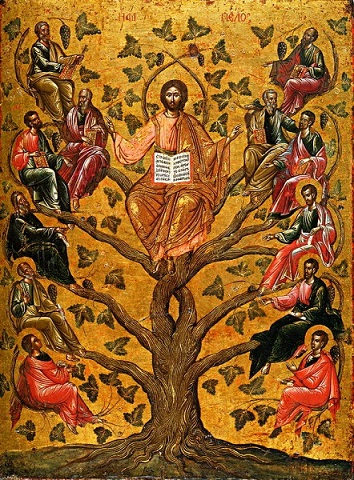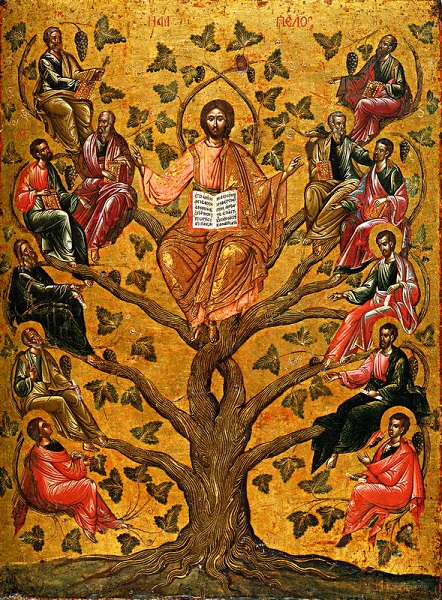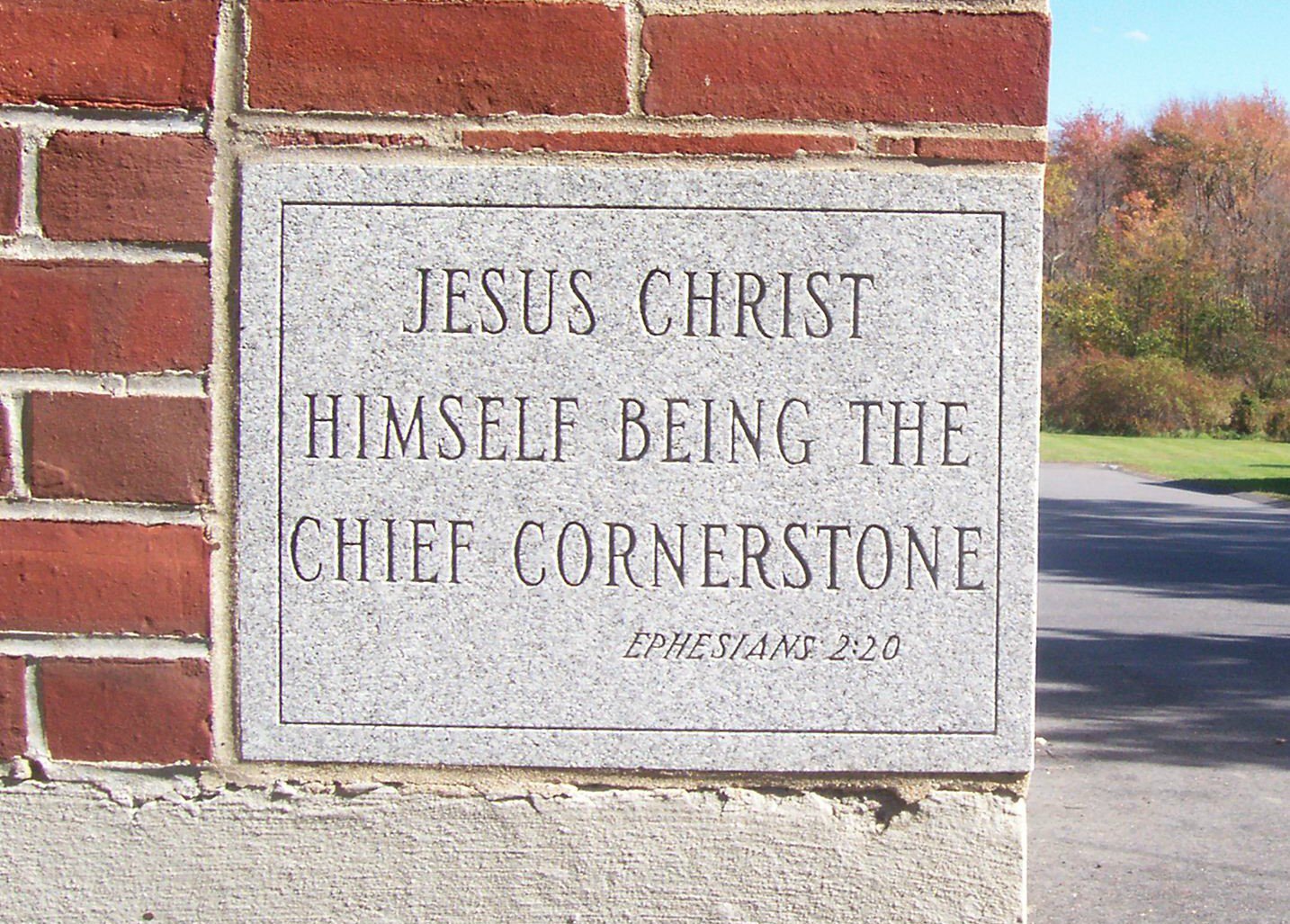Tag: Fifth Sunday of Easter
-

Fifth Sunday of Easter
~ Cantate ~ Readings: Isaiah 12:1-6 | James 1:16-21 | James 1:16-25 Text: James 1:16-25 Alleluia! Christ is risen! He is risen indeed, alleluia! From the moment we’re born and placed in our mother’s arms, we’re growing and learning. We learn from sights, sounds, and smells. We learn from things we do, and things that…
-
Fifth Sunday of Easter
Cantate – Sing Readings: Isaiah 12:1–6 | James 1:16–21 | John 16:5–15 Text: James 1:16-21 The text is the epistle reading which we’ve heard where Saint James teaches the church, “Do not be deceived, my beloved brothers. Every good gift and every perfect gift is from above, coming down from the father of lights, with…
-

Fifth Sunday of Easter
Readings: Acts 8:26–40 | 1 John 4:1–21 | John 15:1-8 Hymn of the Day: LSB 540 Christ, the Word Incarnate Text: John 15:1-8 If last Sunday has the popular name, Good Shepherd Sunday, then perhaps a good name for this would be “Christ the Vine Sunday.” Today, the picture of a vine growing and branching…
-
Fifth Sunday of Easter (John 14:1-14)
In the Name of + Jesus. Amen. Jesus says, “The sheep hear his voice, and he calls his own sheep by name and leads them out…they know his voice. A stranger they will not follow, but they will flee from him, for they do not know the voice of strangers” (vv. 1-5). Let’s test…
-

Fifth Sunday of Easter (John 14:1-14)
Bethlehem Lutheran Church, Lebanon, OR Fifth Sunday of Easter + May 14, 2017 Text: John 14:1-14 “Let not your hearts be troubled. Believe in God; believe also in me.” The only reason Jesus says this to His disciples is because He knows their hearts are troubled. You don’t say “I am the Life” unless there’s…